
Kód: 04595192
Sir Francis Galton, FRS
Autor Milo Keynes
Part of the "Studies in Biology, Economy and Society" series, this book looks at Sir Francis Galton (1822-1911), a grandson of Erasmus Darwin. In his twenties he won fame as an explorer, writing "The Art of Travel", and was on the ... celý popis
- Jazyk:
 Angličtina
Angličtina - Vazba: Pevná
- Počet stran: 237
Nakladatelství: Palgrave Macmillan, 1993
- Více informací o knize

4671 Kč

Skladem u dodavatele v malém množství
Odesíláme za 13-16 dnů
Potřebujete více kusů?Máte-li zájem o více kusů, prověřte, prosím, nejprve dostupnost titulu na naši zákaznické podpoře.
Přidat mezi přání
Mohlo by se vám také líbit
-
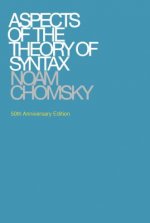
Aspects of the Theory of Syntax
1100 Kč -

Bilingual Family
1032 Kč -
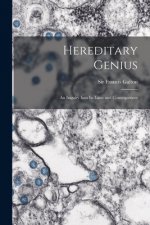
Hereditary Genius: an Inquiry Into Its Laws and Consequences
515 Kč -
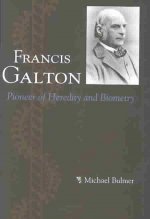
Francis Galton
1485 Kč -
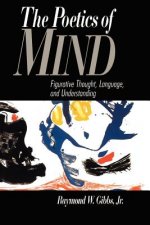
Poetics of Mind
1813 Kč -
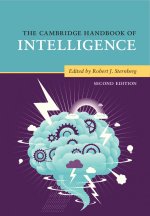
Cambridge Handbook of Intelligence
8438 Kč -
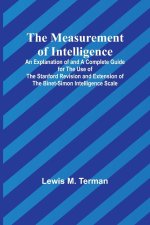
The Measurement of Intelligence; An Explanation of and a Complete Guide for the Use of the Stanford Revision and Extension of the Binet-Simon Intellig
519 Kč
Darujte tuto knihu ještě dnes
- Objednejte knihu a zvolte Zaslat jako dárek.
- Obratem obdržíte darovací poukaz na knihu, který můžete ihned předat obdarovanému.
- Knihu zašleme na adresu obdarovaného, o nic se nestaráte.
Více informací o knize Sir Francis Galton, FRS
Nákupem získáte 467 bodů
 Anotace knihy
Anotace knihy
Part of the "Studies in Biology, Economy and Society" series, this book looks at Sir Francis Galton (1822-1911), a grandson of Erasmus Darwin. In his twenties he won fame as an explorer, writing "The Art of Travel", and was on the council of the Geographical Society for many years. He worked at the prediction of weather, and described his discovery of the anticyclone to the Royal Society in 1862 and in "Meteorographica" (1863). He first became an anthropologist in 1862 when he joined the Ethnological Society, which emerged to become the Anthropological Institute in 1871 - Galton was president from 1885 to 1889. He initiated anthropometry and the measurement of human variation, and the use of photography for the analysis of differences, or individual characteristics, in a group. He recognized the uniqueness of "Finger Prints" (1893), and, in 1875, first used the records of pairs of identical twins in his research into the laws of heredity. It was on the publication of the "Origin of the Species" by his cousin Charles that he realized the importance of inheritance and the transmission of characters of body and brain from parent to child. His "Hereditary Genius" came out in 1869, "Inquiries into Human Faculty" in 1883, and "Natural Inheritance" in 1889. Besides his pre-Mendelian contributions to human genetics, Galton devised the correlation co-efficient, the higher mathematics of which was to be developed by Karl Pearson, and was thus concerned with the advancement of statistics. In 1883, he coined the word eugenics by which he meant "good in birth" and "noble in heredity", and, in 1904, he founded the Galton Laboratory (now Department of Genetics and Biometry) at University College, London. He was the first president of the Eugenics Education Society in 1907, which became the Eugenics Society in 1926 and the Galton Institute in 1989. At the end of the book is a list of the presidents of the Eugenics Education Society 1908-1926, Eugenics Society 1926-1989, Galton Institute 1989-.
 Parametry knihy
Parametry knihy
Zařazení knihy Knihy v angličtině Mathematics & science Biology, life sciences Life sciences: general issues
4671 Kč
- Plný název: Sir Francis Galton, FRS
- Autor: Milo Keynes
- Jazyk:
 Angličtina
Angličtina - Vazba: Pevná
- Počet stran: 237
- EAN: 9780333546956
- ISBN: 0333546954
- ID: 04595192
- Nakladatelství: Palgrave Macmillan
- Hmotnost: 465 g
- Rozměry: 216 × 140 × 18 mm
- Datum vydání: 19. July 1993
Oblíbené z jiného soudku
-
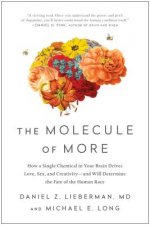
The Molecule of More
395 Kč -
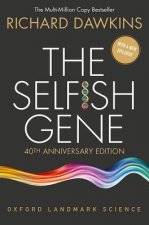
The Selfish Gene
338 Kč -
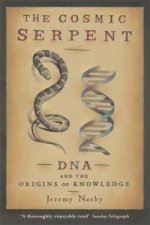
Cosmic Serpent
258 Kč -
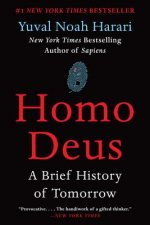
Homo Deus
288 Kč -
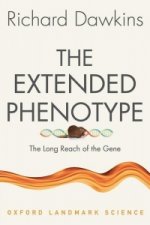
The Extended Phenotype
369 Kč -
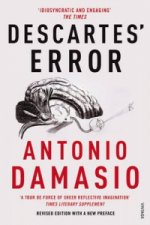
Descartes' Error
333 Kč -
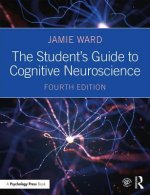
Student's Guide to Cognitive Neuroscience
1548 Kč -

Power of Habit
285 Kč -
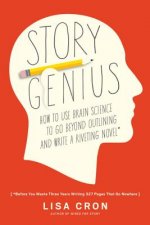
Story Genius
348 Kč -
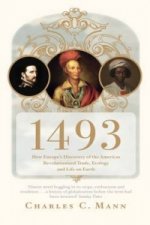
1493
333 Kč -
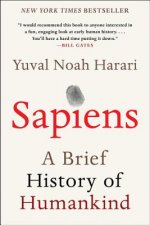
Sapiens
337 Kč -

Stealing Fire
283 Kč -
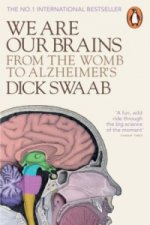
We Are Our Brains
288 Kč -
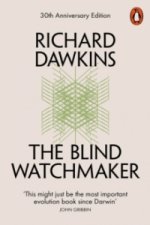
Blind Watchmaker
337 Kč -
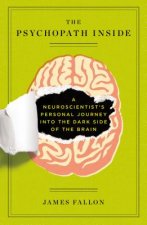
Psychopath Inside
406 Kč -
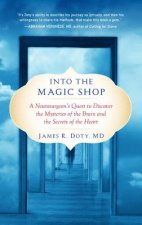
Into the Magic Shop
363 Kč -
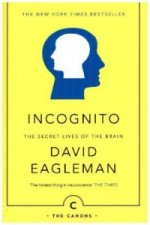
Incognito
298 Kč -
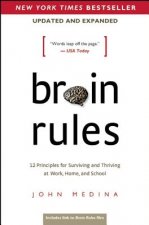
Brain Rules (Updated and Expanded)
319 Kč -
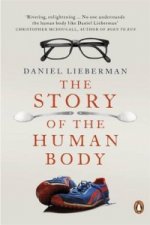
The Story of the Human Body
333 Kč -
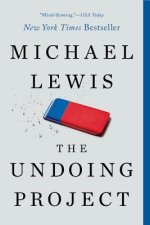
Undoing Project
279 Kč -
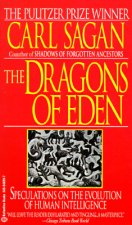
Speculations on the Evolution of Human Intelligence
199 Kč -

Race Differences in Intelligence
871 Kč -
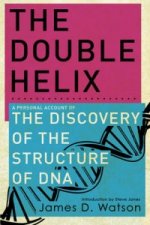
Double Helix
258 Kč -
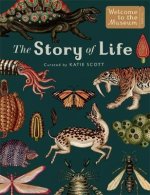
Story of Life: Evolution (Extended Edition)
333 Kč -
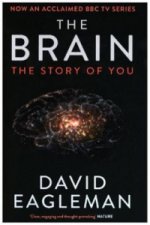
Brain
283 Kč -
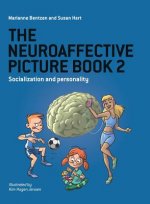
Neuroaffective Picture Book 2
893 Kč -
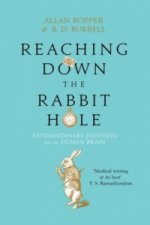
Reaching Down the Rabbit Hole
298 Kč -
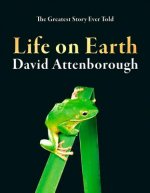
Life on Earth
600 Kč -
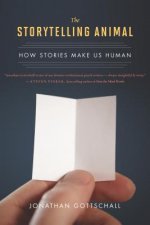
The Storytelling Animal
366 Kč -

Feeling Of What Happens
333 Kč -
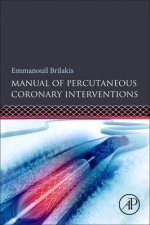
Manual of Percutaneous Coronary Interventions
2346 Kč -
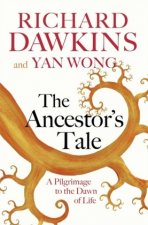
Ancestor's Tale
396 Kč -
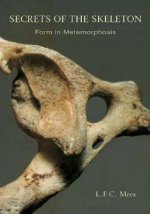
Secrets of the Skeleton
592 Kč -
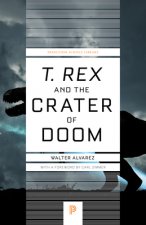
T. rex and the Crater of Doom
425 Kč -
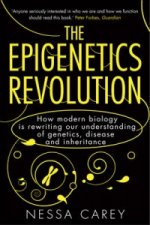
Epigenetics Revolution
287 Kč -
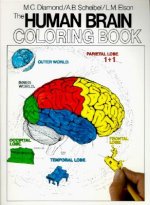
Human Brain Coloring Book
436 Kč -

Seven Daughters Of Eve
283 Kč -
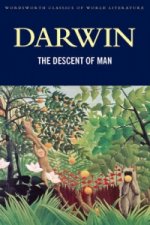
Descent of Man
120 Kč -
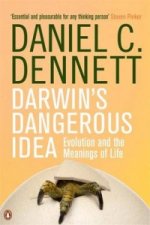
Darwin's Dangerous Idea
382 Kč -
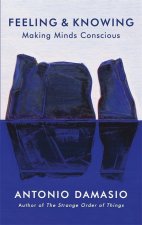
Feeling and Knowing
563 Kč -
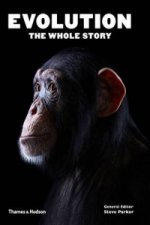
Evolution: The Whole Story
533 Kč -
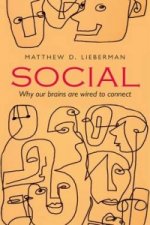
Social
382 Kč -
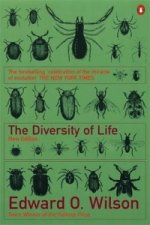
Diversity of Life
333 Kč -
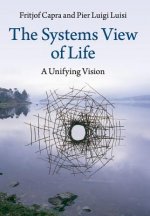
Systems View of Life
684 Kč -
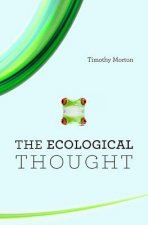
Ecological Thought
636 Kč -
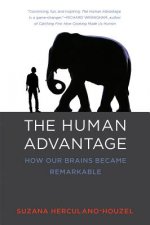
Human Advantage
420 Kč -

Endless Forms Most Beautiful
386 Kč -
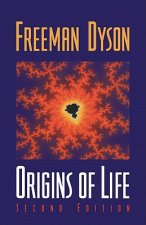
Origins of Life
607 Kč -
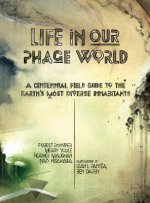
Life in Our Phage World
2431 Kč
Osobní odběr Praha, Brno a 12903 dalších
Copyright ©2008-24 nejlevnejsi-knihy.cz Všechna práva vyhrazenaSoukromíCookies


 Vrácení do měsíce
Vrácení do měsíce 571 999 099 (8-15.30h)
571 999 099 (8-15.30h)